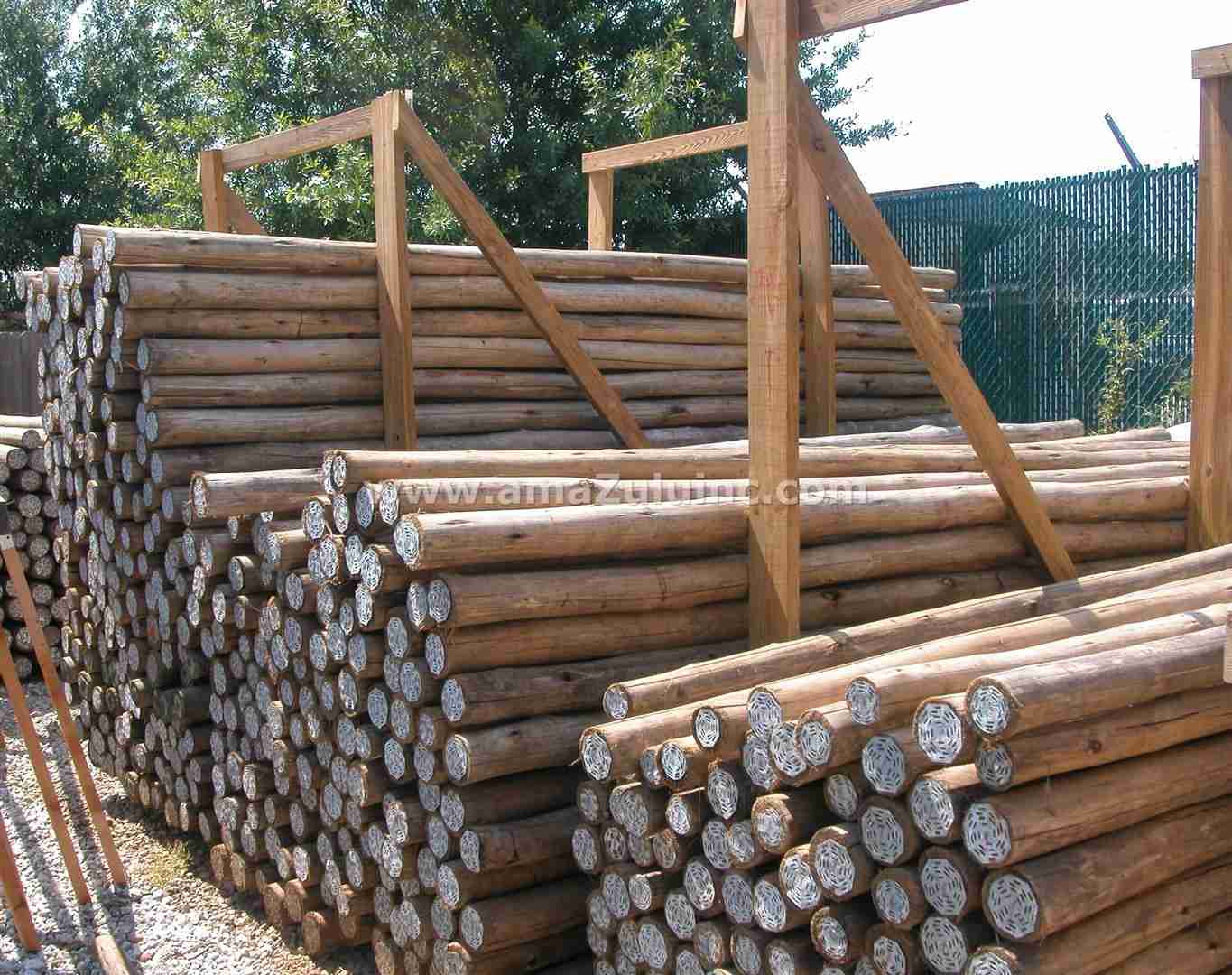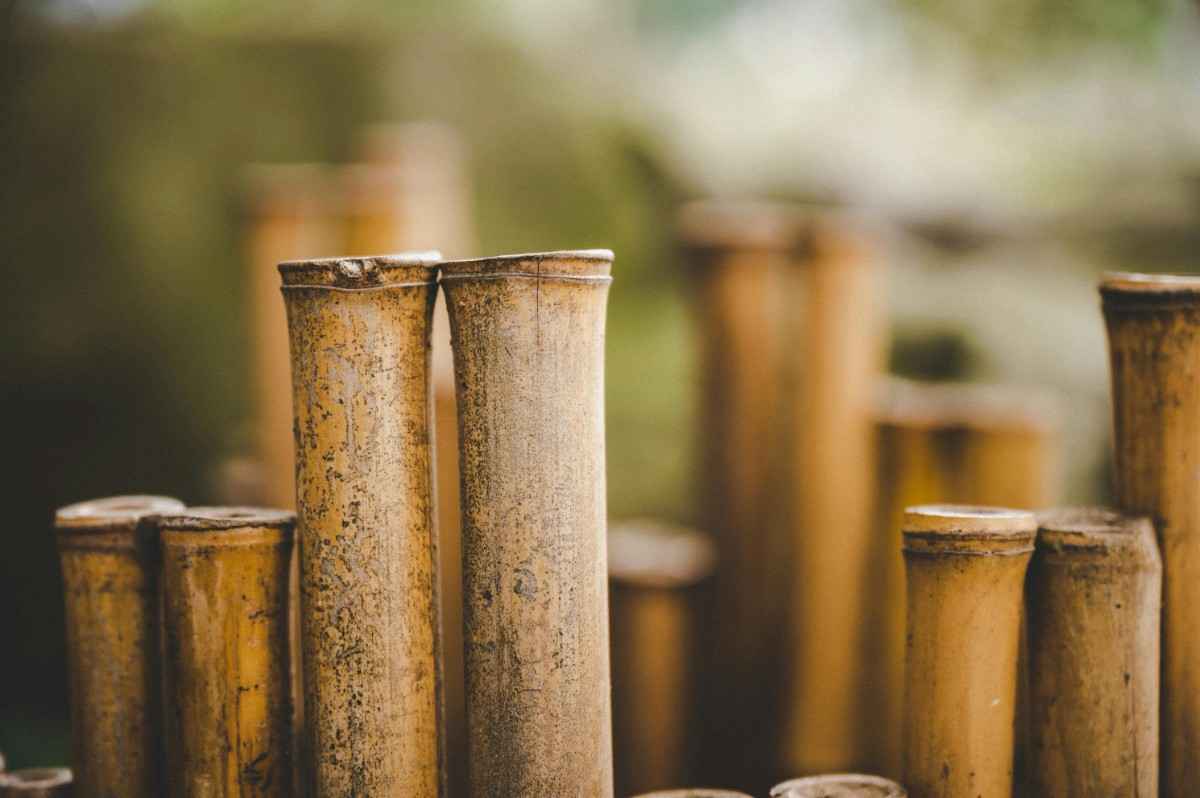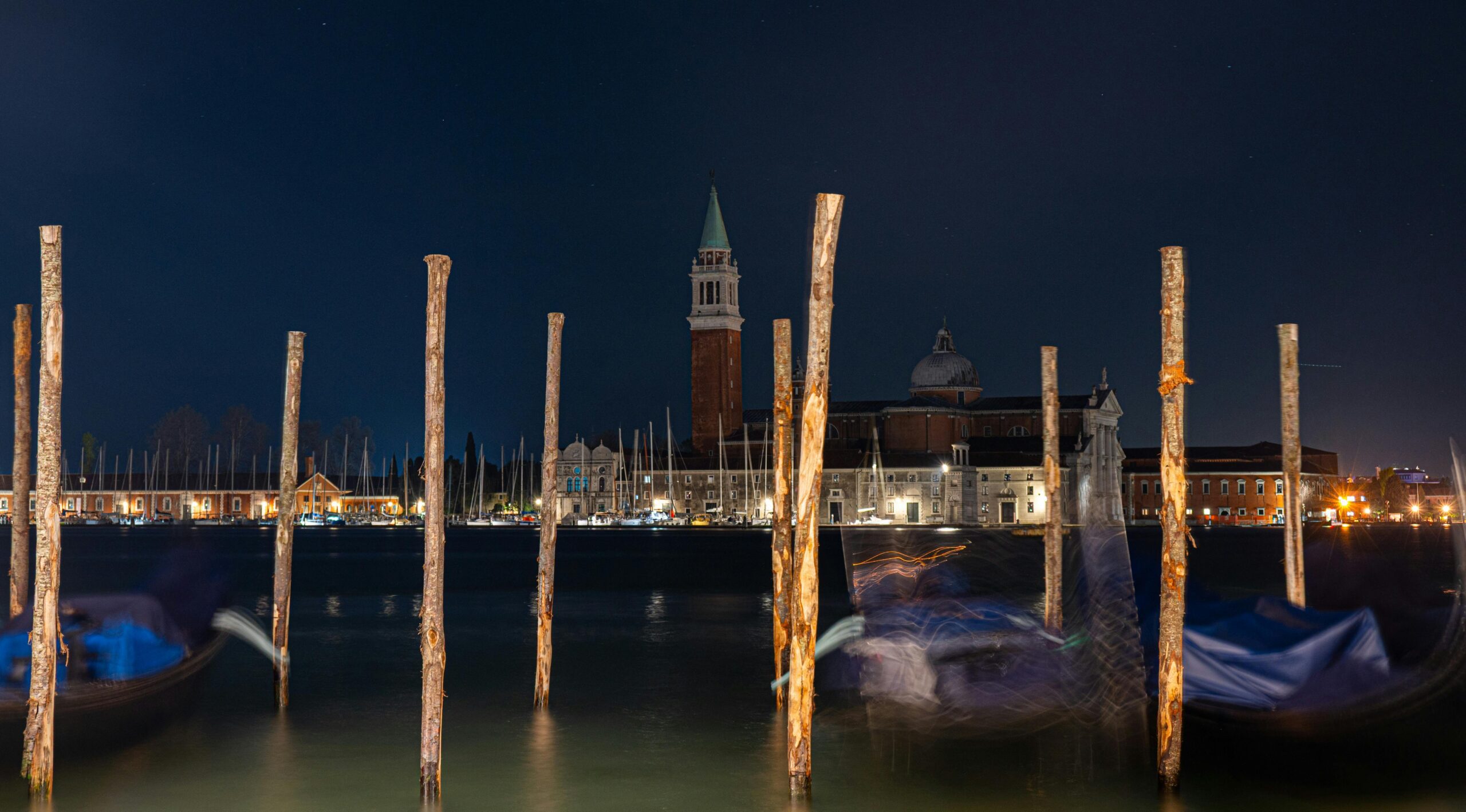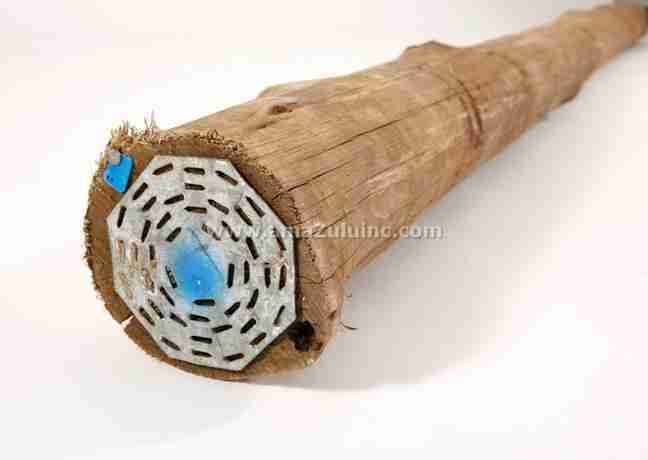Here Are Some Sensational Myths About Eucalyptus. We Debunk Them.
Because Eucalyptus wood is new to the U.S. commercial market, there are some unfortunate myths about it. Ones that may cause you to doubt its effectiveness and reliability for construction. Below, read amaZulu’s responses to the most common bits of misinformation out there.
Myth: Eucalyptus is a native plant.
False. A eucalyptus tree is native to Australia and the islands of Timor and Indonesia. There are over 700 species of Eucalyptus trees in the world, None occur naturally in the U.S.
Eucalyptus wood is considered eco-friendly for the following reasons:
- Eucalyptus plantations around the world, particularly in tropical climates, produce mature trees in about 15 years. This is a very short period compared to most traditional timber woods.
- Fast re-growth means farmers are making the best use of the land.
- And trees are leafing out quickly to produce oxygen and help purify the air.
Myth: Eucalyptus is an invasive species.
False. Eucalyptus has been cultivated for the past 50 years in Brazil and Florida without harming the environment. The Florida Department of Agriculture, which has stringent guidelines, has not designated Eucalyptus to be invasive.
There is no evidence that the varieties of Eucalyptus that we use have escaped from cultivation and caused problems in the U.S.
Myth: Eucalyptus is quick to rot.
False. In fact, it is very hardy and has a very high resistance to rotting. Larger poles can be used for construction support structures. And poles with a smaller diameter are perfect for fences, decorative trim, trellises, and much more.
Myth: Eucalyptus doesn’t have the strength of other woods like oak.
False. In fact, eucalyptus wood has comparable strength to oak and hickory. It can be used in some structural and building applications. Eucalyptus, a fast-growing hardwood, is sustainable because new growth only takes a few years to mature.
It is also desirable because unlike other timbers it has very little taper over long lengths. And generally speaking (each Eucalyptus species is different) it is harder than most North American hardwoods.
Because it is sustainable, eucalyptus is now being used as an alternative to mahogany and Brazilian cherry. These timbers are endangered, slow-growing, and comparatively expensive.
More benefits of Eucalyptus
- Eucalyptus is classified as a hardwood providing structural supports for buildings.
- It is available in a variety of sizes from 1”- 8” in circumference and 8’ to 18’ in length.
- Eucalyptus can be pre-fire retarded and impregnated at the time of pressure treatment to make a safer product. The treatment will not wash off.
- It is sustainable, versatile, beautiful, and perfect for your next project.
Are you ready for Eucalyptus?
If you’re interested in using eucalyptus wood, we would love to help you! Contact us today for more information on our Eucalyptus products or give us a call, toll-free at 877-243-5309. You can also visit Pinterest and check out some of our work with eucalyptus poles. Get your imagination stirring!
Related content and products:
Feature Project: Eucalyptus Poles
Eucalyptus: A Sustainable, Versatile, and Beautiful Plant
How Eucalyptus Sizes Up To Traditional Wood
Building with Eucalyptus Wood
amaZulu, Inc. has hand-selected growers who produce eco-friendly, high-quality natural architectural materials. Our selection presents a dynamic list of options when considering the environment.
At amaZulu, Inc., we extend our legacy beyond business to the community when we partner with domestic and international organizations that create economic opportunities to reduce poverty. We help improve the lives of the people who grow and produce our products.




